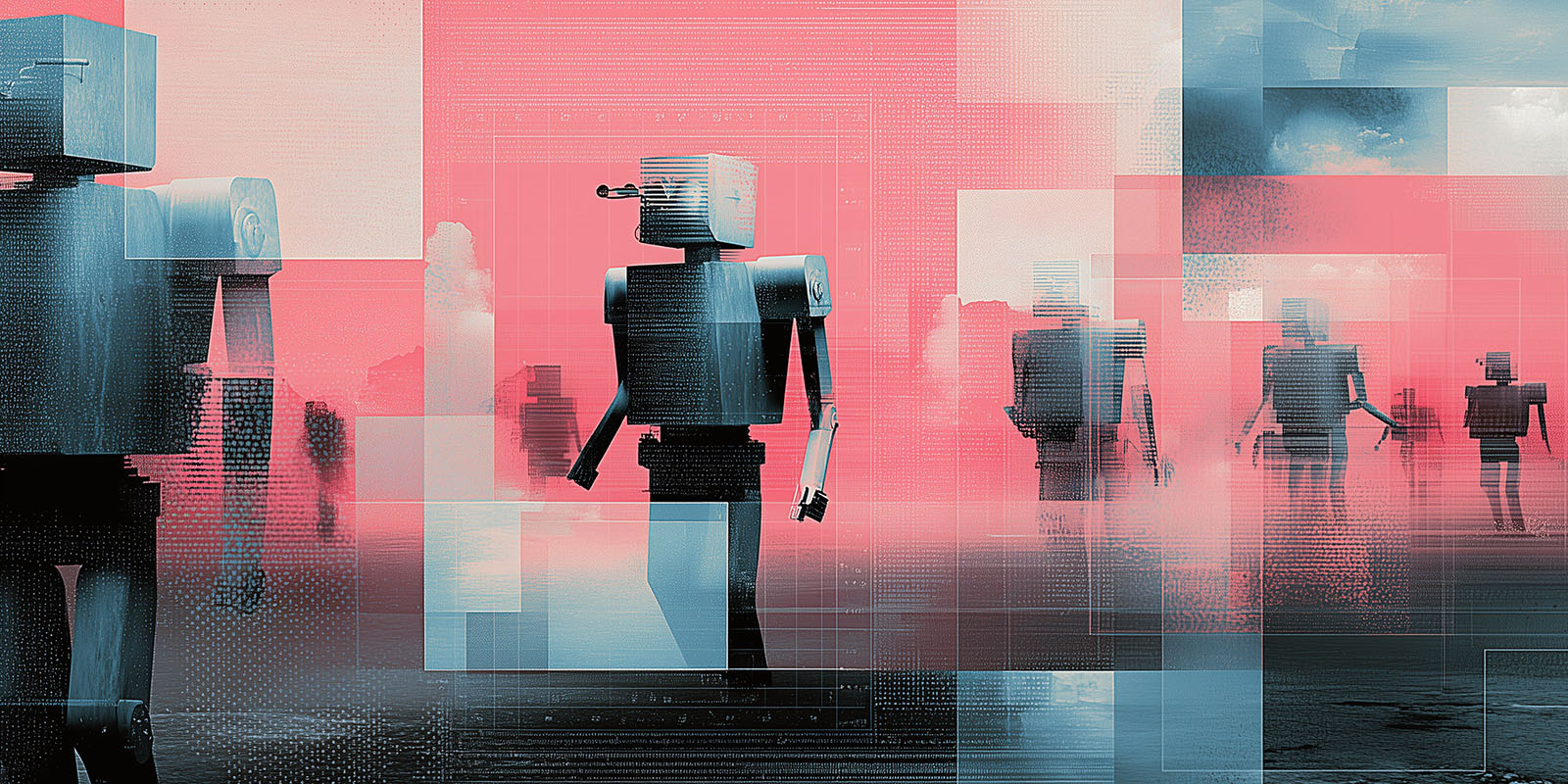How do we preserve a shared reality when technology is evolving faster than our ability to adapt?
As generative AI becomes increasingly entrenched in our everyday lives, the line between real and fake grows ever blurrier. The steady erosion of trust has wide-ranging consequences, but its impact on politics is especially troubling. Democracy depends on informed citizens making sound judgments about the parties and policies they support. Yet in a world where seeing is no longer believing, those judgments are more susceptible to manipulation than ever before. Last year, Politico published a series of articles entitled Bots and Ballots which examined AI's broader implications for democratic processes and electoral integrity.
Democracy depends on informed citizens making sound judgments about the parties and policies they support. Yet in a world where seeing is no longer believing, those judgments are more susceptible to manipulation than ever before.
The series, featuring contributions from reporters like Mark Scott and Helena Cokeleare, tackles critical questions about AI's role in modern elections. Articles explore how officials, campaigners, and fact-checkers are responding to AI-generated content, and how private AI companies are positioning themselves in the political landscape. One article explores how election officials, civil society groups, and fact-checkers are dealing with a world where anyone with an internet connection can create decent-looking fakes with a few clicks of a button. Another piece examines how tech firms use marketing and lobbying to portray themselves as responsible actors.
As the boundaries between truth and fabrication continue to blur, the democratic project faces a profound test. How do we preserve a shared reality when technology is evolving faster than our ability to adapt? Politico’s Bots and Ballots series offers a vital starting point, but the conversation must extend beyond policymakers and tech firms. We all have a role to play. If democracy is to endure in the age of easy fraud, it will require not just vigilance, but a collective effort to preserve the truth in an increasingly illusory world.
If democracy is to endure in the age of easy fraud, it will require not just vigilance, but a collective effort to preserve the truth in an increasingly illusory world.








